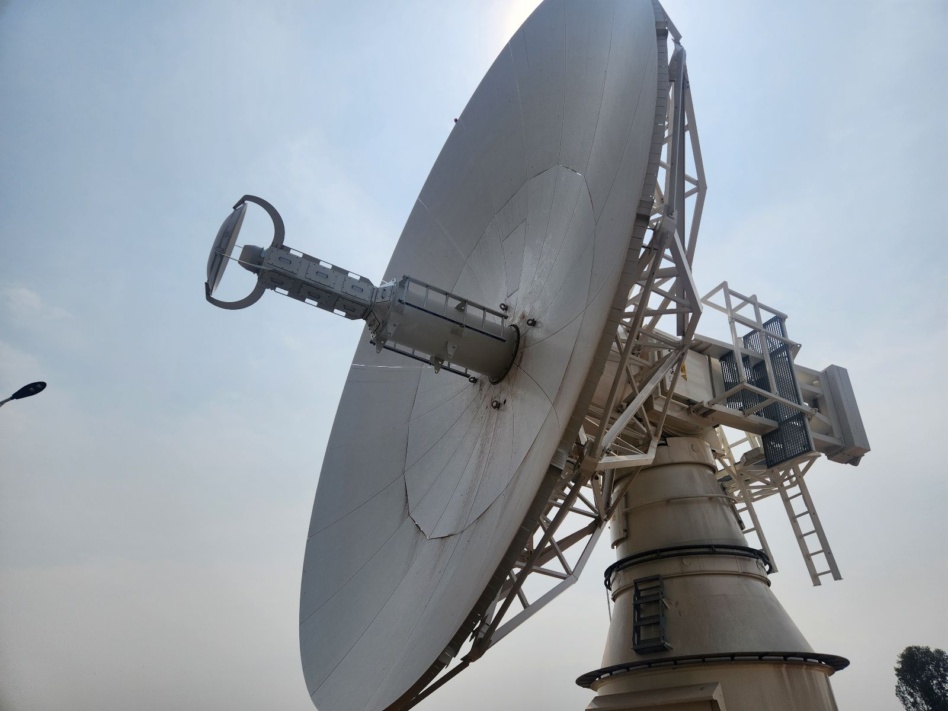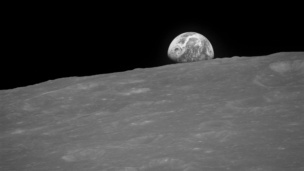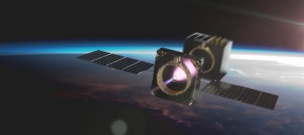ATLAS Space Operations, which runs a network of ground stations linking spacecraft to their controllers and customers on the ground, raised $15M in a round led by NewSpace Capital—its first raise since 2022.
The company provides ground-station services for a variety of spacecraft operators, using a network that includes its own facilities as well as antennas operated by partners AWS and ViaSat.
“ATLAS is going through a pretty rapid growth stage—we’ve been essentially 2x the last couple years,” CEO John Williams told Payload. “Next year, we’re going to probably do 4x or higher, and so we need investment to bridge us through to where we’re self-sustaining.”
More downlink all the time: ATLAS sees its key offering as software that optimizes networking between space assets and the ground, including interfaces that automate scheduling across multiple networks. “Some of us joke that we’re actually a software company with a network,” Williams said. Much of the new capital will go toward plans to double the company’s 43-person headcount, including hiring more software engineers.
The US government’s competition with China is driving much of ATLAS’ business, according to Williams, who said he’s also seen steady growth across the civil and commercial sphere. The need to deploy more capabilities more quickly has changed the US government’s philosophy on working with commercial providers.
What’s next? As satellite operators continue to specialize, Williams points to two big trends that will shape the ground station business:
- With EO companies pulling down ever larger data sets, there will be more movement to Ka band communications: “You can bring more data down in Ka in a finite amount of time than you can in [the X-band]—it’s just straight physics.”
- As more companies seek to operate in cislunar space, ground segment providers will need to adapt to communicating with assets flying at those high altitudes.
Networking networks: NewSpace Capital is a Luxembourg-based private investment fund, and Williams is hopeful that adding a European investor to its capital table will help ATLAS tap into opportunities in Europe, the Middle East, and Africa.
Martin Halliwell, the former SES CTO who is now a partner at NewSpace Capital, will join ATLAS’s board of directors following the transaction.





